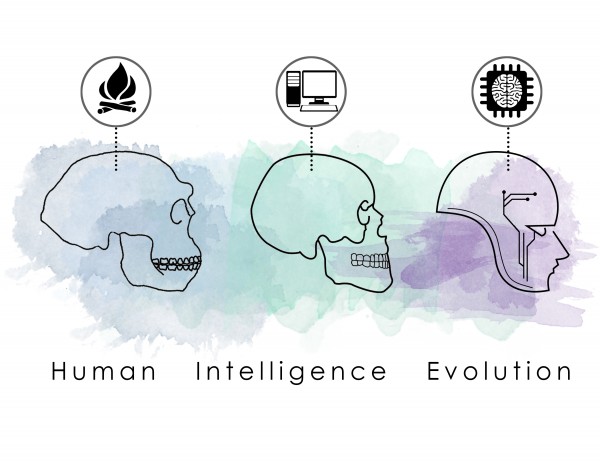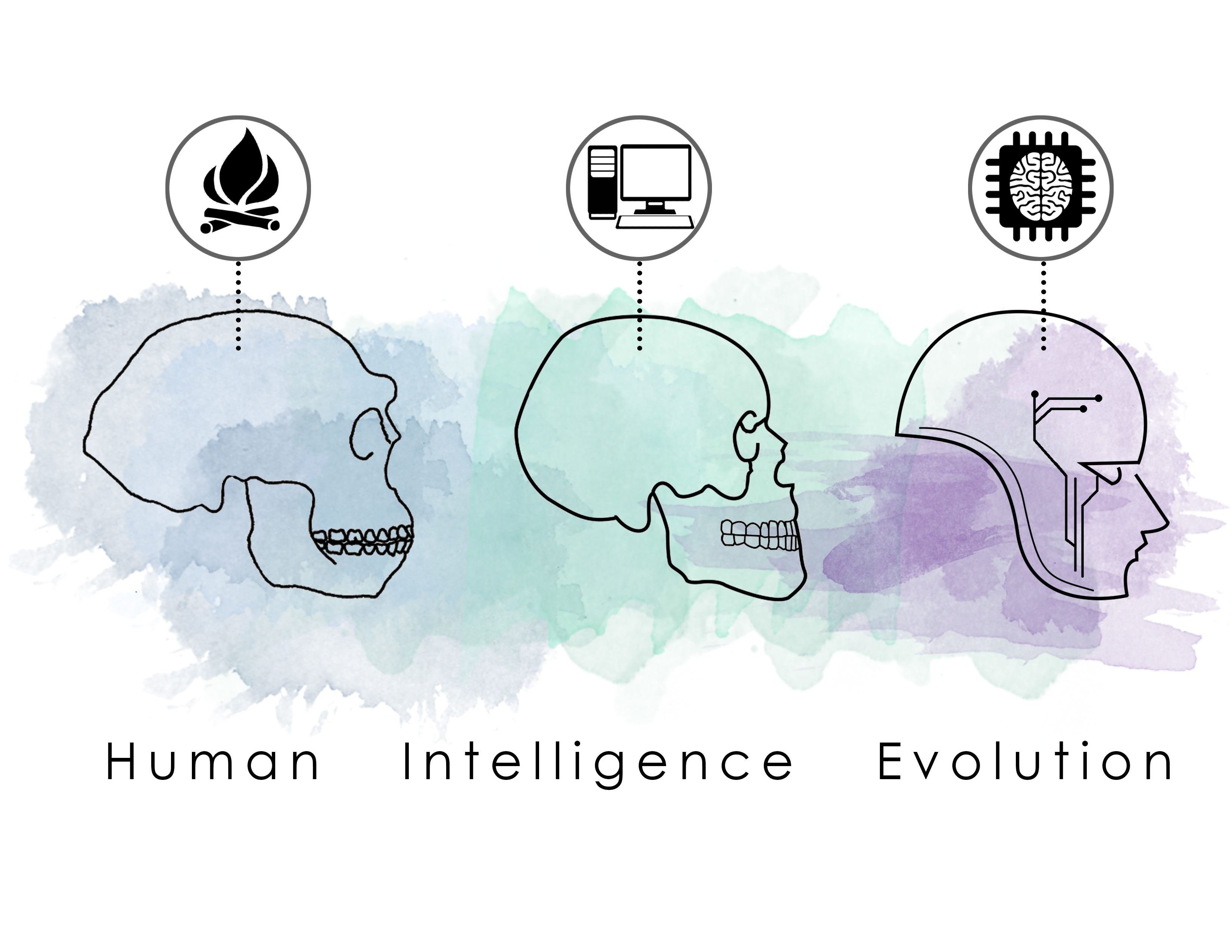Most people who have at least one credit card that they use regularly experience a false positive for fraud or an outright illegal purchase using their account information. Although the outcomes for consumers are typically positive because the amount of financial responsibility for a fraudulent transaction is minimal, the time it takes to achieve a result can be lengthy. It is not unusual for an investigation to take 90 days or more for unrecognized transactions.
Once a consumer recognizes an unauthorized transaction on their ledger, the different kinds of paperwork and evidence that must get submitted can be extensive. There could be over half a dozen forms that need to get filled out for each illegal transaction. Then there are the conversations that happen with the credit card customer service representatives, police investigation records, and merchant statements that become part of this process.
These issues have been understandable frustrations for consumers and the banking industry as a whole. As fraud activities become increasingly sophisticated and more challenging to track, new opportunities to automate reporting practices and proactive blocks on questionable transactions make artificial intelligence a frontline tool against all forms of fraud.

How Artificial Intelligence Stops Fraud Before It Starts
According to Deltec Bank, Bahamas- “Banking and finance use artificial intelligence to redefine fraud prevention activities. Instead of relying on past experiences alone, this technology can take into account purchasing trends, individual behaviors, and emerging activities when working to detect transaction anomalies proactively.” Before AI existed, systems had to rely on rules alone to detect suspicious activity. Now it can make automated decisions to accept or reject a payment, limit chargebacks, and reduce risk.
AI is transforming fraud prevention in banking and finance by accomplishing the following activities when correctly implemented at the institutional level.
1. Artificial intelligence detects fraud attacks in real-time.
Rules-based fraud detection sometimes waited up to eight weeks before it could get to work reducing losses. It was a reactive system that often relied on chargebacks to detect unauthorized activity. If a consumer missed something on their account ledger, then it would usually go undetected. AI gives the banking and financing industries a proactive tool that can detect fraudulent activity in real-time situations. It enables a problem to get stopped before it starts.
2. AI provides immediate risk scores and improved insights.
Fraud analysts would use their intuition before the implementation of artificial intelligence to create risk scores and set thresholds to minimize losses. AI offers a 360-degree view of an account’s transactions, enabling historical data to be taken in context to add more facts to the equation. When the technology detects a potential anomaly, then insights into consumer behaviors can help the analyst to immediately validate or redefine their decisions to improve their risk management work.
3. Artificial intelligence can thwart nuanced fraud attacks.
Most digital businesses revert to a strict set of standards for transaction approvals after they get burned by fraudulent activity. Those governing practices often create poor user experiences, eventually leading to a reduction in sales activity. Predictive analytics and rules engines can scale to thwart fraud attempts, but there isn’t a perfect system in place. What AI offers is a proactive system that evaluates each transaction for anomalies so that indirect methods still get detected, including promotion or friend abuse. Anything that falls outside of the patterns that an algorithm recognizes as “normal” gets flagged for a review.
4. AI enables digital businesses to sell virtual goods safely.
Online gaming has seen robust growth since 2015 because of the implementation of micro-transactions within the product environment. Titles like Overwatch and Destiny include in-game currency that you can purchase by using a debit or credit card. Over 250 million people own a console, PC, or system that offers daily opportunities to complete these transactions. Customers who make these purchases want immediate gratification. AI enables a positive outcome because it assigns a risk score to each sale within seconds so that requests get fulfilled while maintaining chargeback thresholds.
5. Artificial intelligence helps with regulatory compliance needs.
Digital businesses have internal policies that direct the sales of specific products to unique locations based on reseller or distribution agreements. Banking and finance segments rely on these contracts to determine compliance with import or export regulations while supporting consumer accounts. AI-based scoring can work to protect crucial technologies while reducing issues with fraud so that all sides of the transaction can stay in compliance – even if the rules are continuously changing.
6. AI helps banks to support low-margin businesses.
Product lines can stay profitable when AI can work to control chargeback levels. Most e-commerce platforms operate on margins that are similar to what grocers and restauranteurs manage, which means anything fraud-related could take something that makes money into the red without much effort. Using artificial intelligence can keep costs down by automating most of the necessary processes, enabling banks to support small businesses while maintaining fee structures manageable.
7. Artificial intelligence reduces friction between merchants and customers.
Swiping a credit card for a purchase, only to have it declined, can be embarrassing for a customer and frustrating for a merchant. It can be especially irritating when trying to complete an online transaction. Banking and finance institutions that use AI can reduce this friction by using scoring techniques that feature supervised and unsupervised learning. Then fewer manual calculations are necessary to determine the authenticity of purchasing activities, resulting in fewer declines and a better overall experience for everyone involved.
Fraud prevention continues to evolve as sophisticated approaches continue to develop. Unauthorized transactions can get detected by AI in real-time situations to limit losses before they occur. Then notification tools through mobile apps, text messaging, or email can let customers avoid the effects of a false positive by directly notifying their institution that they authorized a specific purchase. By automating this process as much as possible, everyone can spend less capital while reducing monetary loss, creating a significant amount of savings for all parties to enjoy.
Disclaimer: The author of this text, Robin Trehan, has an Undergraduate degree in economics, Masters in international business and finance and MBA in electronic business. Trehan is Senior VP at Deltec International www.deltecbank.com. The views, thoughts, and opinions expressed in this text are solely the views of the author, and not necessarily reflecting the views of Deltec International Group, its subsidiaries and/or employees.
About Deltec Bank
Headquartered in The Bahamas, Deltec is an independent financial services group that delivers bespoke solutions to meet clients’ unique needs. The Deltec group of companies includes Deltec Bank & Trust Limited, Deltec Fund Services Limited, and Deltec Investment Advisers Limited, Deltec Securities Ltd. and Long Cay Captive Management.
Media Contact
Company Name: Deltec International Group
Contact Person: Media Manager
Email: Send Email
Phone: 242 302 4100
Country: Bahamas
Website: https://www.deltecbank.com/

